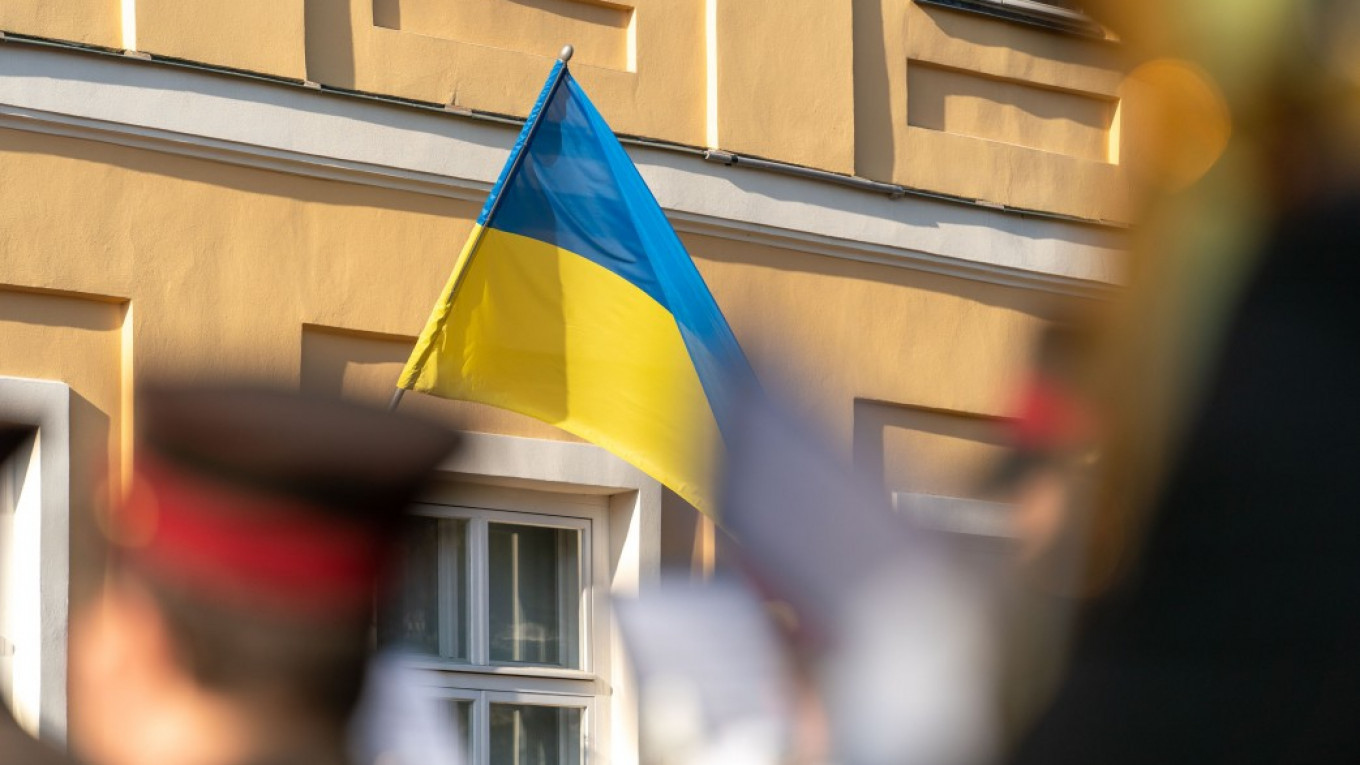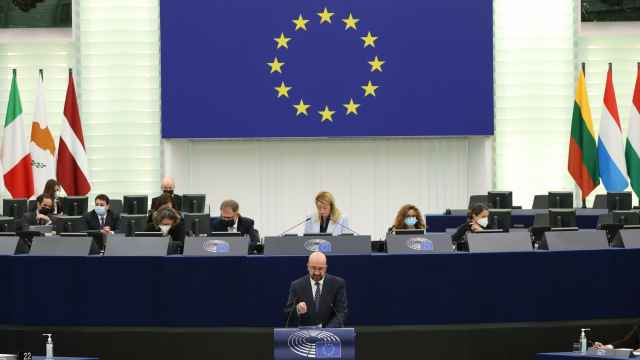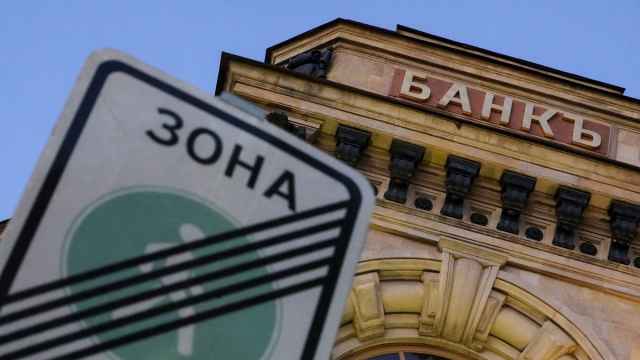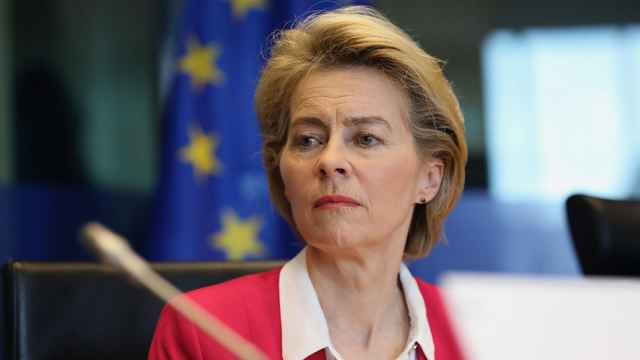European Council chief Charles Michel said Tuesday the EU has no plans to lift punishing sanctions against Russia that were imposed over the conflict in Ukraine.
Ukraine has been fighting Russia-backed separatists in the eastern Donetsk and Luhansk regions following Moscow's annexation of the Crimean peninsula in 2014.
Ukraine and its Western allies accuse Russia of sending troops and arms to support the separatists.
Michel, who on Tuesday began his two-day visit to Ukraine with a trip to the country's war-torn east, said "Russia has not reciprocated Ukraine's positive steps" to settle the conflict.
"That's why our economic sanctions against Russia will remain in place," he said in his address to the media, accompanied by Ukraine's President Volodymyr Zelensky.
"Russia is a party to this conflict, and not a mediator," Michel added.
He also reiterated Brussels' support for Kiev, announcing the launch this year of a new programme to boost economic development and public services in war-scarred eastern areas.
"The people of Ukraine are not alone. We are on your side," he said.
Michel's visit comes during an increase in violence as eight Ukrainian servicemen have been killed since mid-February, shattering a ceasefire brokered last year.
The fierce fighting that erupted after Moscow's takeover of Crimea has claimed more than 13,000 lives, according to the United Nations, but the number of new fatalities has been decreasing in recent years.
EU leaders December extended until mid-2021 the sanctions that target whole sectors of the Russian economy including its valuable oil businesses.
The measures over Russia's role in the conflict were first imposed after Malaysian Airlines flight MH17 was shot down over rebel-held eastern Ukraine in 2014 and have since been renewed every six months.
A Message from The Moscow Times:
Dear readers,
We are facing unprecedented challenges. Russia's Prosecutor General's Office has designated The Moscow Times as an "undesirable" organization, criminalizing our work and putting our staff at risk of prosecution. This follows our earlier unjust labeling as a "foreign agent."
These actions are direct attempts to silence independent journalism in Russia. The authorities claim our work "discredits the decisions of the Russian leadership." We see things differently: we strive to provide accurate, unbiased reporting on Russia.
We, the journalists of The Moscow Times, refuse to be silenced. But to continue our work, we need your help.
Your support, no matter how small, makes a world of difference. If you can, please support us monthly starting from just $2. It's quick to set up, and every contribution makes a significant impact.
By supporting The Moscow Times, you're defending open, independent journalism in the face of repression. Thank you for standing with us.
Remind me later.






